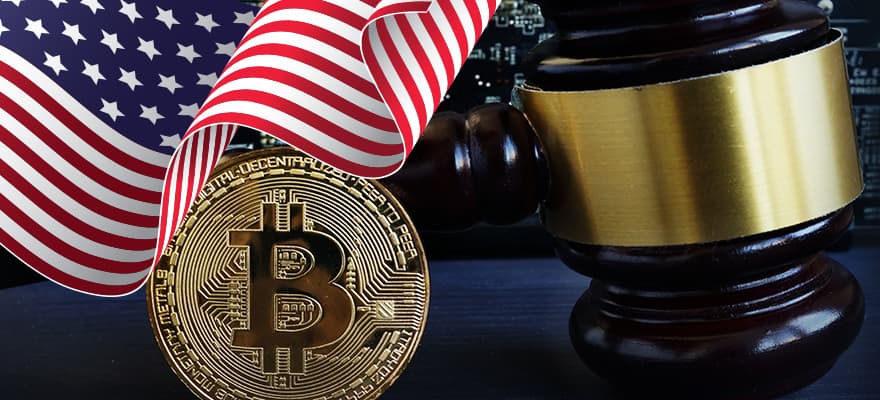SEC’s Gensler Going Rogue in Solo Quest to Stop U.S. Crypto Legislation?

QUICK TAKE:
- SEC Chair Gary Gensler maintains that no new legislation is needed to regulate crypto.
- The White House issued a statement expressing eagerness to create a comprehensive regulatory framework for digital assets.
- Gensler’s stance contradicts the White House and other regulatory agencies advocating for new crypto policies.
In a bold stance that diverges from the broader U.S. administration, SEC Chair Gary Gensler insists that current laws are sufficient to regulate the burgeoning crypto industry. This assertion comes even as the White House and other federal bodies signal a readiness to develop new legislative measures to oversee digital assets.
On Wednesday, the White House issued a statement underscoring its commitment to establishing a “comprehensive and balanced regulatory framework” for cryptocurrencies. This statement reiterates the administration’s ongoing stance that new policies are crucial to safeguard investors and the integrity of the financial system. The White House’s position aligns with growing calls from various regulatory bodies, including the Treasury Department, which have been advocating for updated regulations to address the unique challenges posed by digital assets.
However, Gensler, appointed by President Joe Biden as part of his transition team and now a key regulator, has a starkly different perspective. He firmly believes that the existing legal framework provides ample authority for the SEC to regulate the crypto market effectively. In his view, the lack of compliance from crypto firms is a more pressing issue than the need for new laws.
In a statement released on Wednesday, Gensler criticized the Financial Innovation and Technology for the 21st Century Act (FIT21), which is moving towards a vote and has garnered substantial bipartisan support. Gensler argued that for over a decade, crypto firms have demonstrated “their unwillingness to comply with applicable laws and regulations,” frequently contending that these laws either do not apply to them or should be retroactively adjusted to accommodate their operations.
Gensler’s remarks come at a critical juncture as the debate over how best to regulate the crypto industry intensifies. The FIT21 bill, which seeks to provide a clear regulatory framework for digital assets, represents a significant legislative effort to address the gaps in the current system. The bill’s supporters argue that without updated regulations, the U.S. risks falling behind in the rapidly evolving global crypto market.
Despite the White House’s eagerness to advance new crypto legislation, Gensler remains steadfast in his belief that the SEC already possesses the necessary tools to oversee the industry. His position highlights a significant divide within the administration and among U.S. regulatory agencies about the best path forward for crypto regulation.
Gensler’s critics argue that his approach could stifle innovation and push crypto businesses out of the U.S. market. They contend that a clear and updated regulatory framework would provide much-needed clarity and stability, encouraging compliance and fostering growth in the sector.
On the other hand, Gensler’s supporters believe that his strict enforcement of existing laws is essential to protect investors and maintain market integrity. They argue that the crypto industry has, for too long, operated in a regulatory gray area, leading to numerous instances of fraud and market manipulation.
As the FIT21 bill heads towards a vote, the outcome will likely have significant implications for the future of crypto regulation in the U.S. If passed, it could signal a shift towards a more structured and predictable regulatory environment. However, Gensler’s opposition suggests that the debate over how best to regulate digital assets is far from over.
The ongoing tussle between the SEC and other regulatory bodies reflects the broader challenges faced by governments worldwide in regulating the fast-paced and often opaque world of cryptocurrencies. As digital assets continue to gain prominence, finding the right balance between fostering innovation and ensuring robust regulatory oversight will be crucial.
In conclusion, the rift between SEC Chair Gary Gensler and the broader U.S. administration on the need for new crypto legislation underscores the complexities of regulating an industry that is constantly evolving. While the White House pushes for comprehensive new policies, Gensler’s adherence to existing laws highlights a significant and ongoing debate within the highest levels of government. As the FIT21 bill moves forward, its fate will be a critical indicator of the direction U.S. crypto regulation will take in the coming years.



